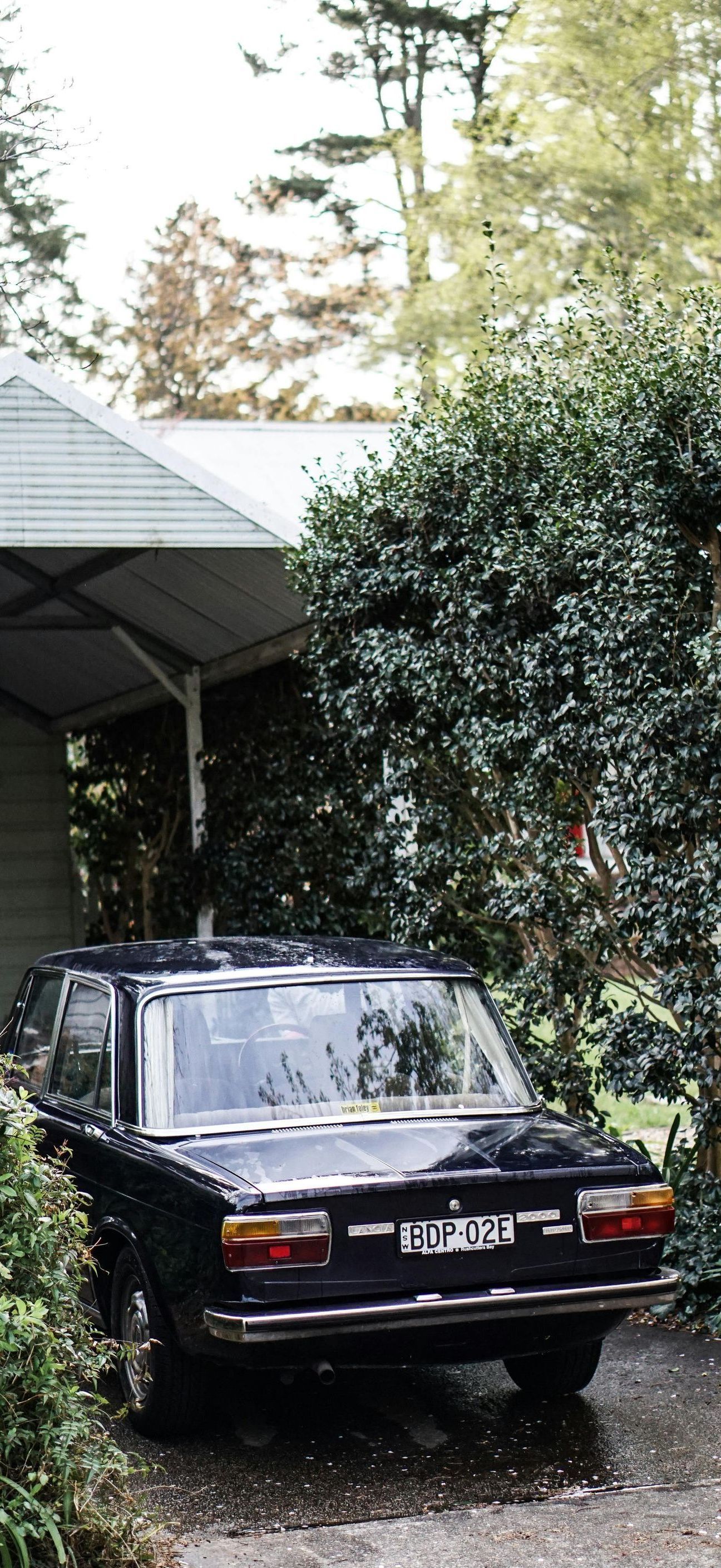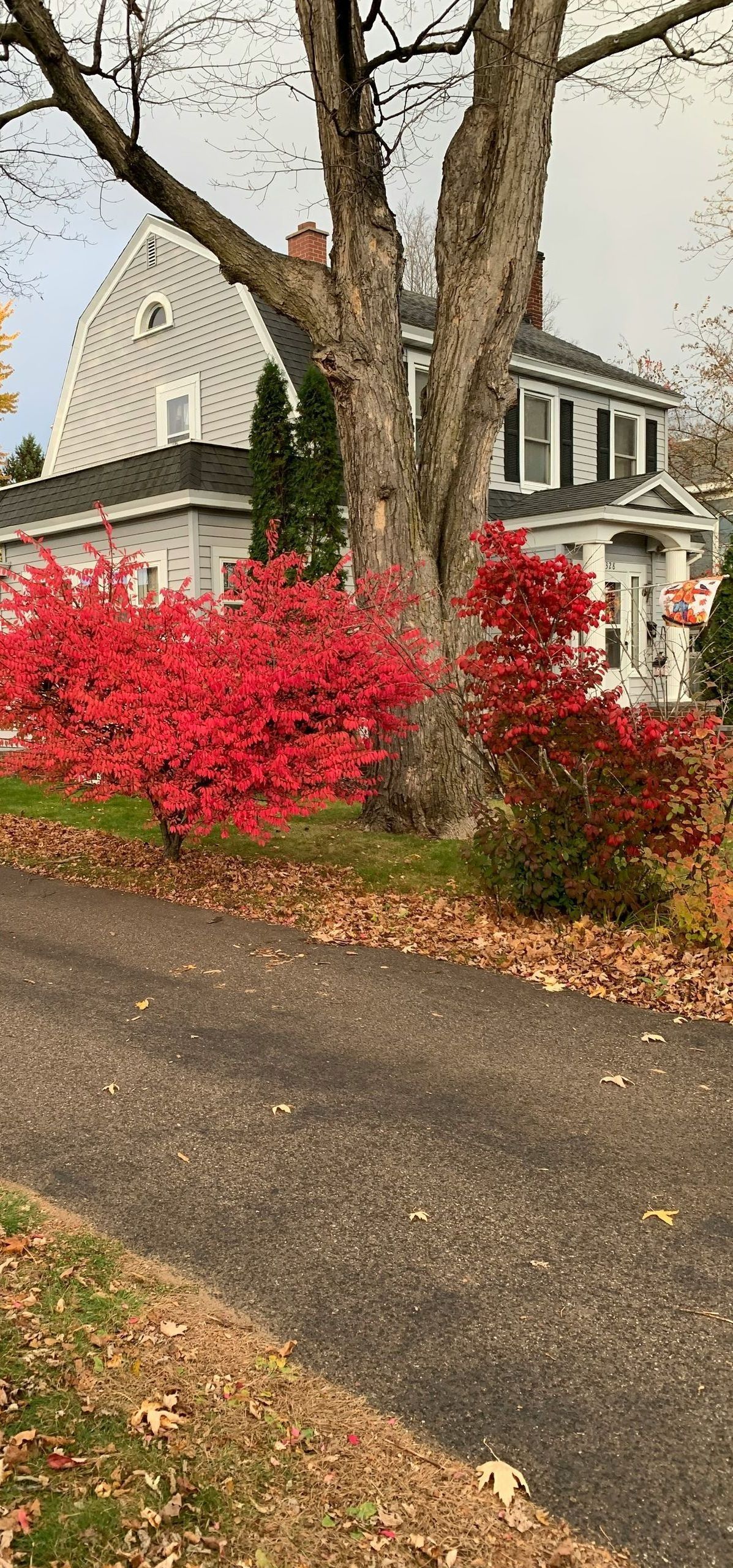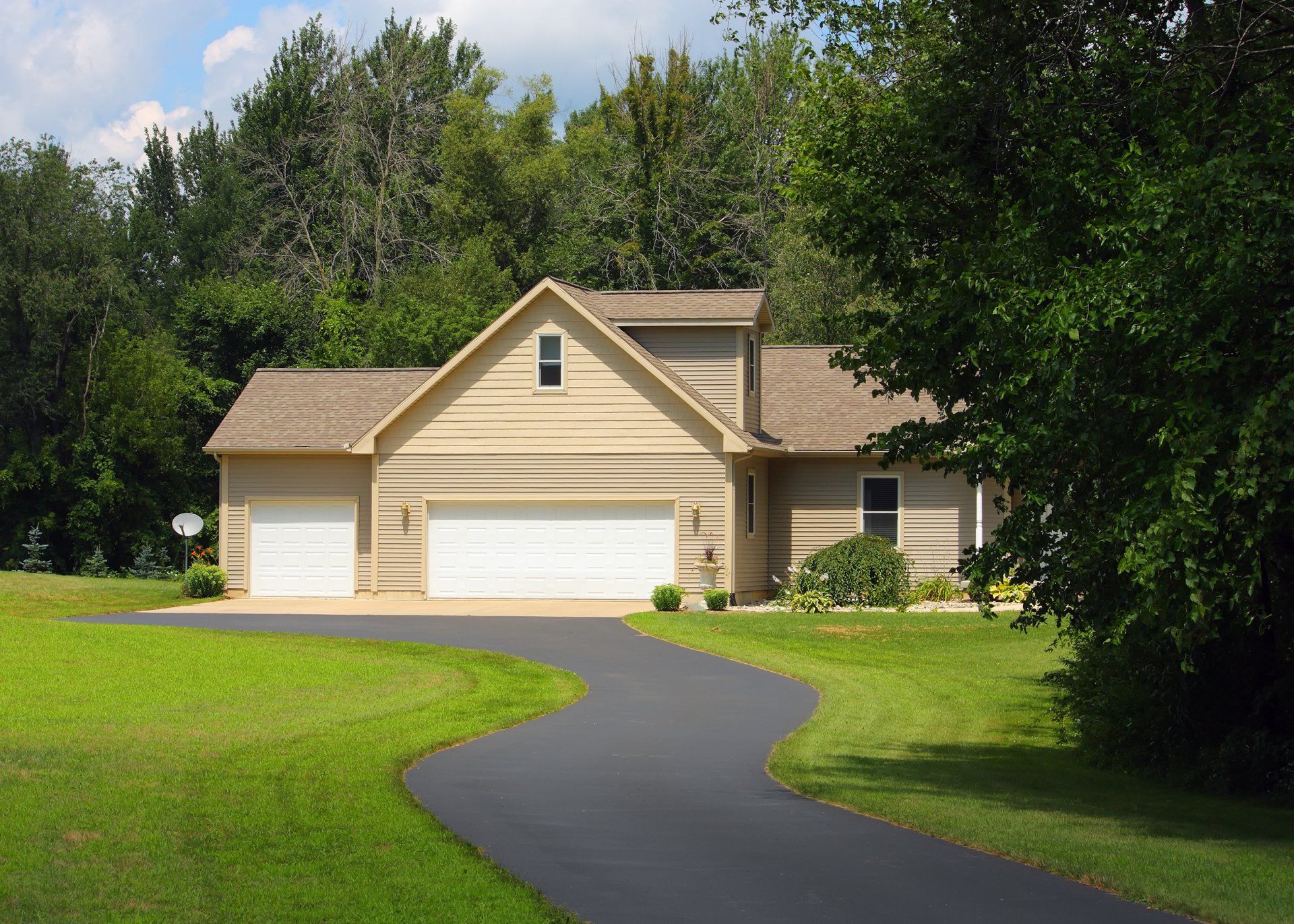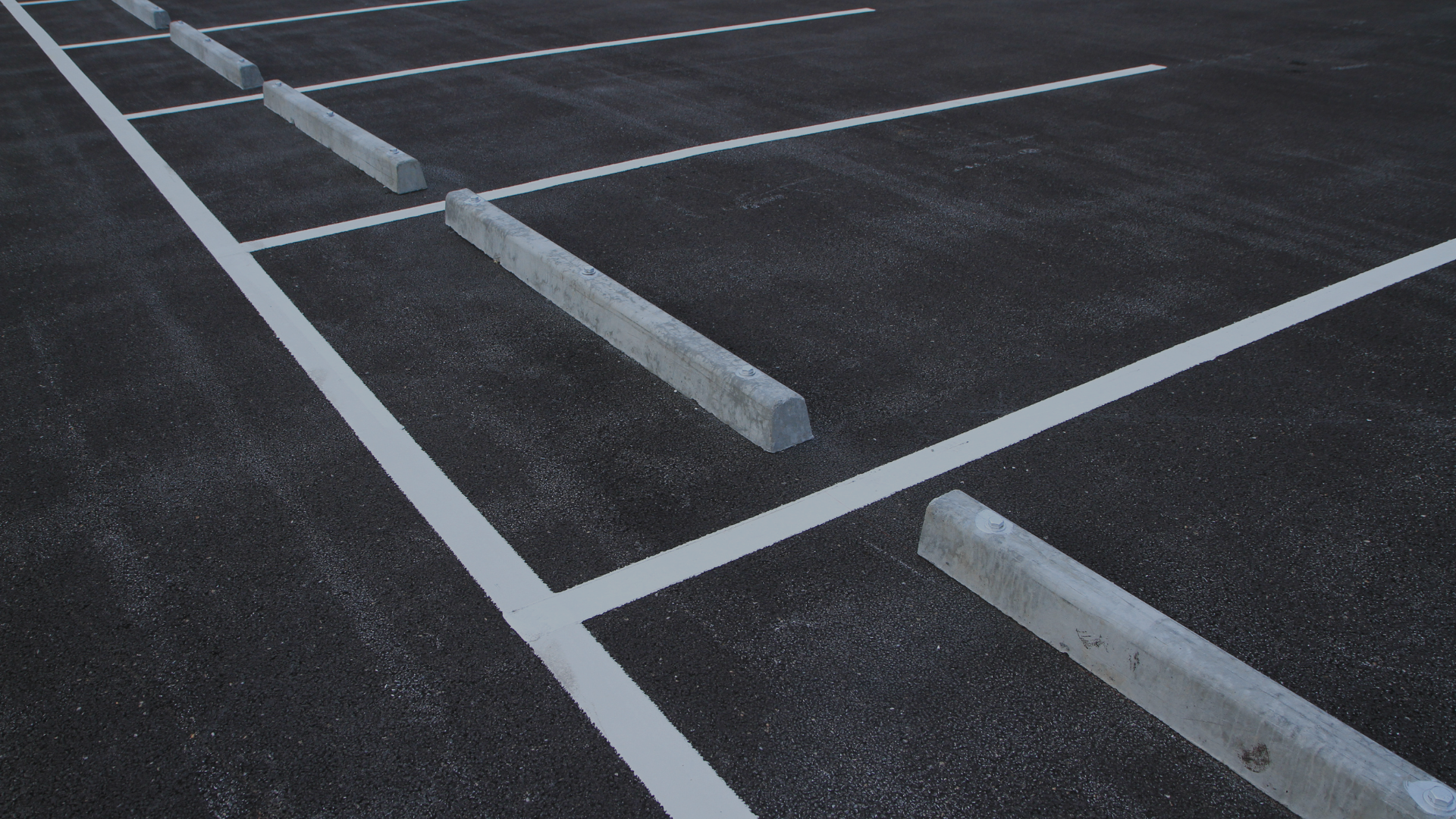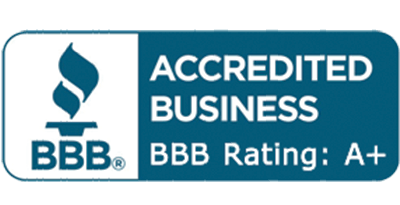
Asphalt vs Concrete: Which Is Better for Driveways?
Maintain Peak Performance Throughout the Year
Choosing between asphalt and concrete for a driveway can be challenging, as both materials offer distinct advantages. Each choice has its own set of features, durability considerations, and maintenance needs that can impact a homeowner’s decision. Salisbury Pro Sealers helps clients maintain both types of driveways, ensuring they stay functional and look their best year-round. Here’s a look at the pros and cons of each to help you determine the best fit for your property.
Advantages of Asphalt Driveways
Asphalt driveways are known for their flexibility and resilience, particularly in regions with fluctuating temperatures. Asphalt’s dark color makes it more heat-absorbent, which can accelerate snow melting in colder months—a bonus for Northern climates. Additionally,
asphalt driveways typically cost less to install, and minor repairs can be made with ease, making it a
cost-effective option.
- Pros: Lower initial cost, faster installation, flexible material for temperature changes, easy to repair, darker color can help melt snow.
- Cons: Requires regular sealcoating every few years to prevent cracks, shorter lifespan compared to concrete if not maintained.

Advantages of Concrete Driveways
Concrete driveways are known for their durability and long lifespan. They tend to last longer than asphalt if properly maintained, sometimes up to 30 years. Concrete offers aesthetic flexibility as well, with options to stamp, color, and texture for a more customized look. However, the upfront cost of
concrete is generally higher, and in cold climates, it can be prone to cracking if water seeps into small crevices and freezes.
- Pros: Durable and long-lasting, minimal maintenance, customizable with colors and textures, higher-end appearance.
- Cons: Higher initial cost, susceptible to cracking in freeze-thaw conditions, repairs are more challenging and costly.
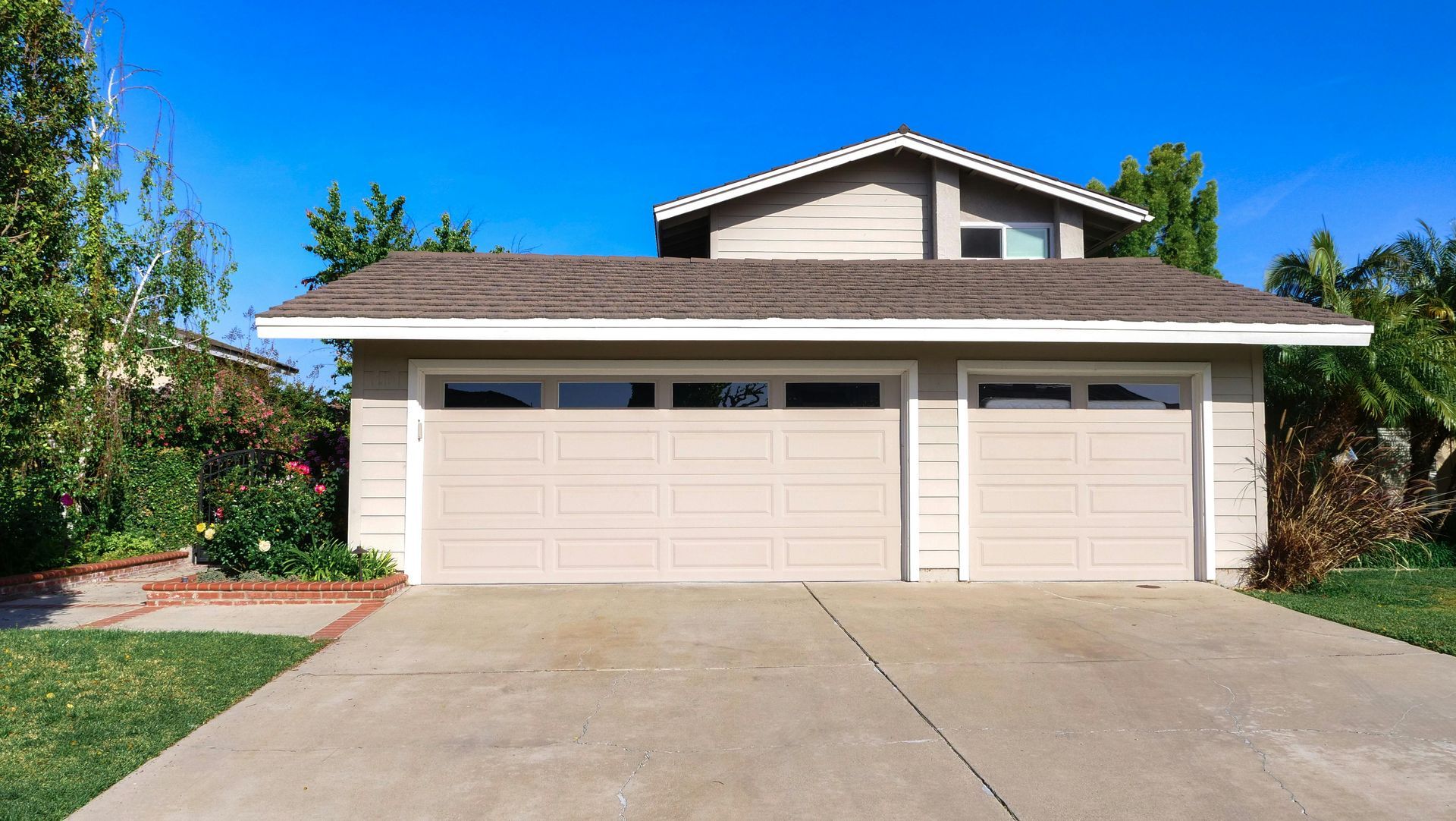
Maintenance Considerations for Both
Both asphalt and concrete require maintenance to maximize their lifespans. Asphalt benefits from regular sealcoating, which prevents cracking, fading, and wear over time. Concrete may need occasional sealing, particularly if customized with color or textures. Salisbury Pro Sealers offers professional sealing services tailored to both types of driveways. Our team ensures that each surface is protected from weather, wear, and environmental factors, keeping your driveway in excellent condition.
Making the Right Choice for Your Home
When deciding between asphalt and concrete, consider factors such as climate, budget, and the look you’re aiming for. Asphalt may be the best choice if you’re seeking a more budget-friendly option with faster installation. Concrete is ideal if you prioritize a durable, long-term investment with options for customization.
Regardless of your choice, Salisbury Pro Sealers is here to provide expert care for your driveway, whether it’s asphalt or concrete. From regular maintenance to essential repairs, our team is committed to ensuring your driveway remains a valuable and attractive feature of your home for years to come.
